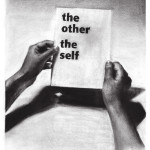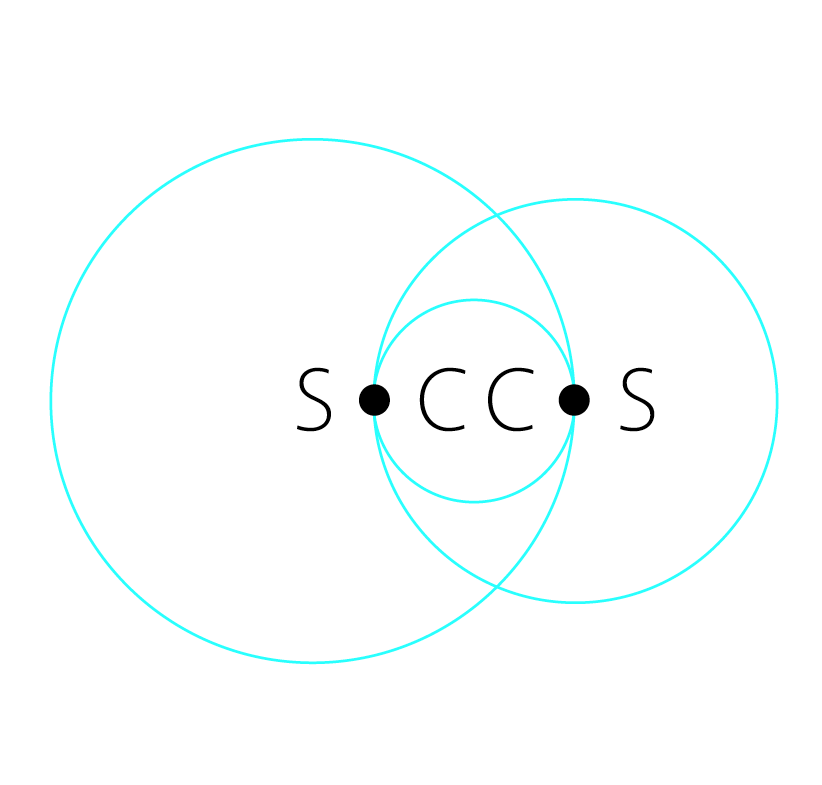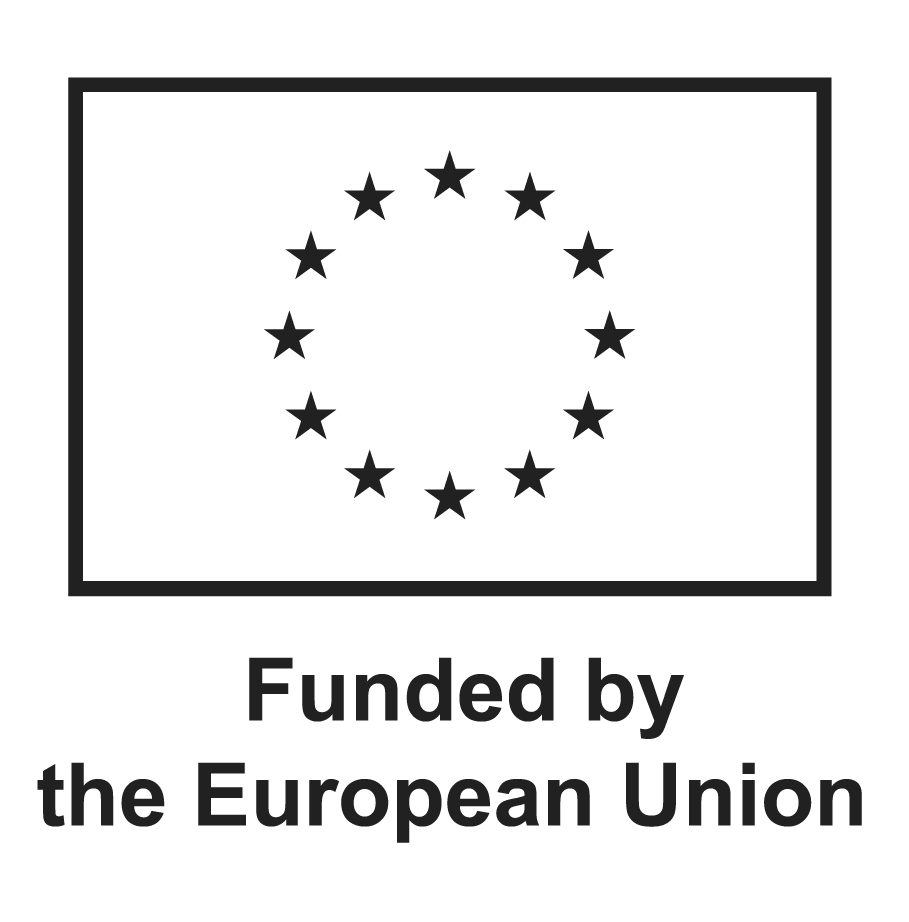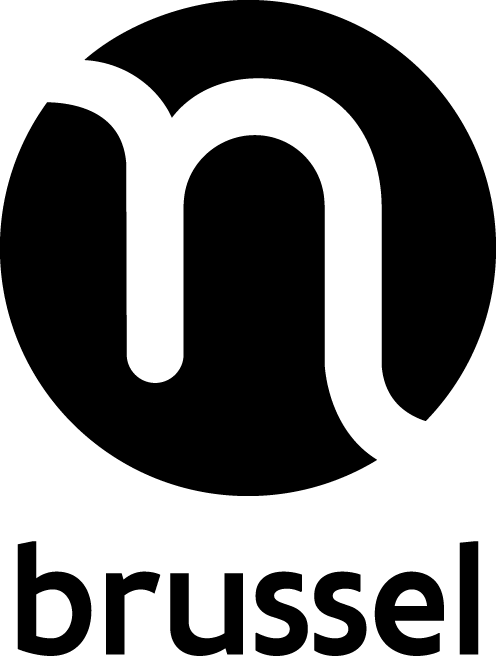

Gender, voice, language and identity are connected. They are fluctuating and complex notions, strongly determined by and being fundamental to tradition and culture.
Voice is sound but also information, dialect, identity. Voice is political.
Gender is expressed, if not exclusively through the use of voice, and is one of the first elements to identity.
Language is the transportation of words and tone through voice, further revealing identity.
Identity is made from gender, language and voice, amongst other elements.
Gender, together with feminism and activism, regains actuality through the growing socio-economic tensions in all parts of the world. Once again women are arguably more aware than men of the crucial role these notions play in all parts of life, including the grey zone within themselves.
Current political discussions around language, culture and identity shed a new light on the need of differentiation and definition of the parts of this complicated tissue of humanity.
In the face of hyper-migration and multiculturalism, these notions have gained a new urgency and fascination, which are also reflected in the arts. They are fundamental notions for the Human, as they mirror our being. The human self can’t do without alliances and positive reflection. The prevailing paradigm however, still seems to be the white male.
Several activities have taken place to fathom this complex matter, starting with a Research on Gender and Sex in Music and Sound Art.
It was followed by two festivals in October 2015 and June 2016, and bridged by the lecture of Susan McClary in January 2016.
the other the self #1 full festival program
the other the self#3 full festival program
In co-production and collaboration with: La Monnaie/De Munt, Bronks, Beursschouwburg, Aifoon, Kraak, Ictus/MaNaMa, Crisap London, Constant, RoSa bibliotheek.
With the support of the Creative Europe Program of the European Union.




 Sebastian Dingens - WALKS
Sebastian Dingens - WALKS

 Pavel Tchikov 29/11/23
Pavel Tchikov 29/11/23

 Nika Son - Scatter
Nika Son - Scatter


